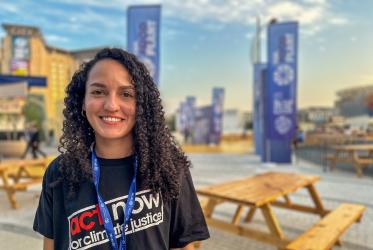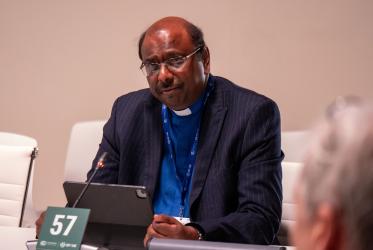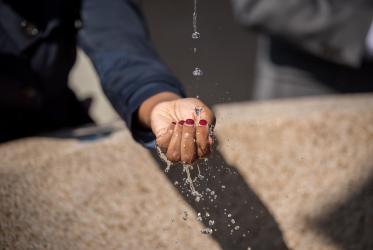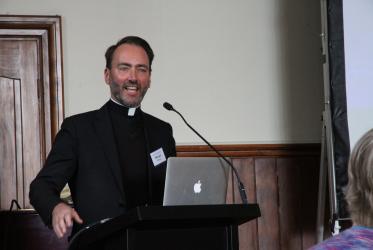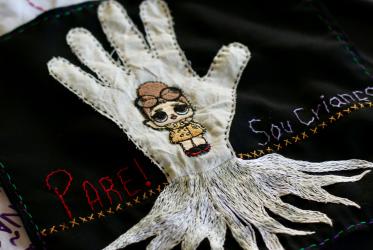Displaying 1 - 20 of 41
What can churches do to prevent modern slavery?
22 February 2024
At COP28, WCC general secretary hopes for “less talk and more walk”
01 December 2023
A Double Whammy*
23 November 2023
“They want to live without fear and constant harassment”
25 October 2023
Chateau de Bossey thriving as lives are transformed
08 September 2023
Pandemic and pedagogy: what are the valuable lessons?
21 December 2022
Thursdays in Black Bible Study: Solomon’s Wisdom in Judgment
08 December 2022

